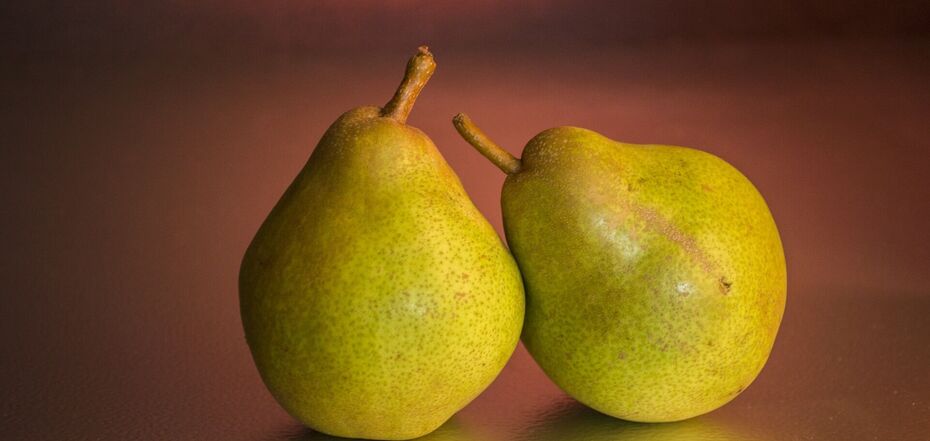LS Food
Unknown facts about pears: who should refrain from eating them
To make pears more to your taste, I'll tell you about their beneficial properties.
First of all, what kind of fruit is it? Its sweet, juicy and tender fruits have a peculiar characteristic granular flesh. This pear owes its characteristic to the stony cells, or sclereids, so named for their hardness. Sclereids support and protect the soft tissues of the fetus.
Below is the text in the original language.
What are the benefits of pears?
It is a natural source of dietary fiber. 100 g contains 14% of the daily requirement. It contains 17% silicon, 10% copper, 12% iron, and 6% potassium.
Vitamin C is not much in it - 5-6%. For example, an apple contains 11% of the daily requirement in 100 g. Other valuable components include B vitamins, especially folic acid (B9), phenolic compounds, and tannins. These nutrients are found mainly in the peel of the fruit.
The pulp contains 10-12 g of simple carbohydrates per 100 g of fruit.
Fructose predominates, just like in an apple, but pears also contain sweet sorbitol, so they are sweeter than apples. Watch your consumption of sweet fruits. Excessive consumption of not only sweets but also fruits can lead to overweight.
Potassium compounds have diuretic properties and promote salt excretion. Folic acid plays an important role in hematopoiesis, phenolic compounds strengthen capillaries and have anti-inflammatory effect.
In case of exacerbation of diseases of the digestive system, it is better to refrain from pears: they contain a lot of fiber, which irritates the intestinal mucosa and increases peristalsis, and a lot of fructose, which, if consumed excessively, can cause increased gas formation.
⠀ What can be cooked?
Juicy pears can be used to prepare various desserts, as a filling for pies, fruit salads and other dishes.
Pear is not only tasty, but also very healthy.
⠀
Do you like pears? Did you know about its beneficial properties?



























